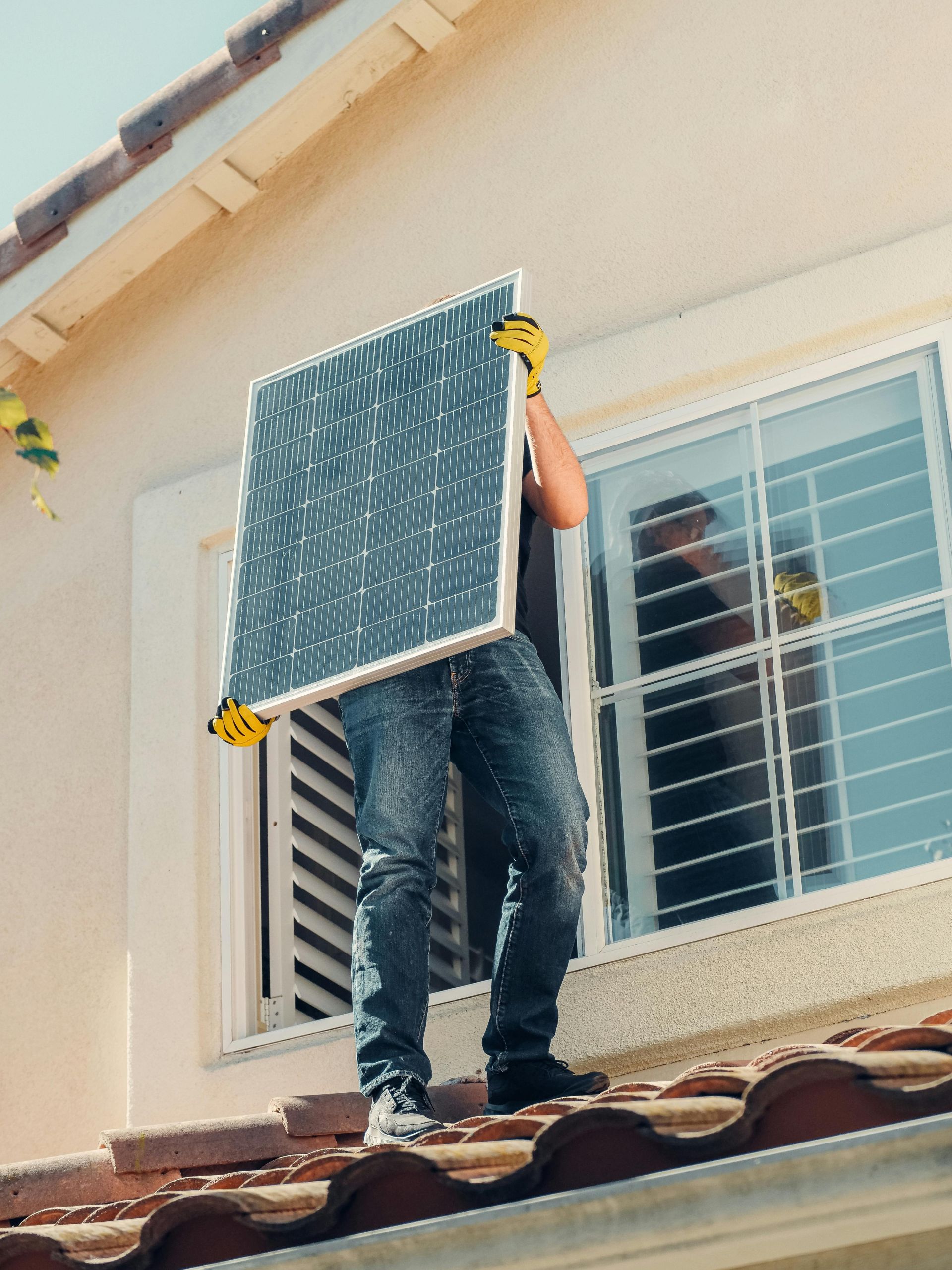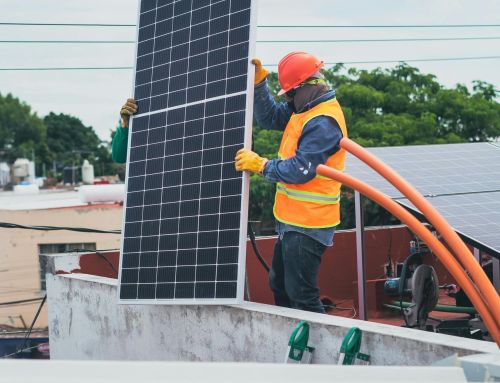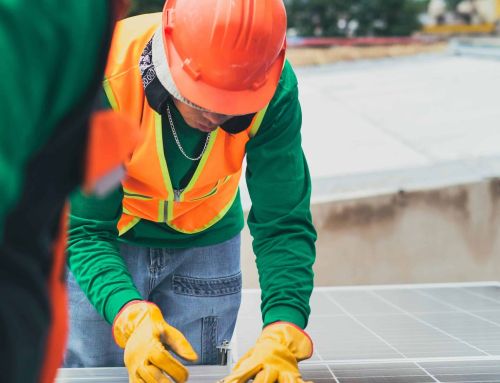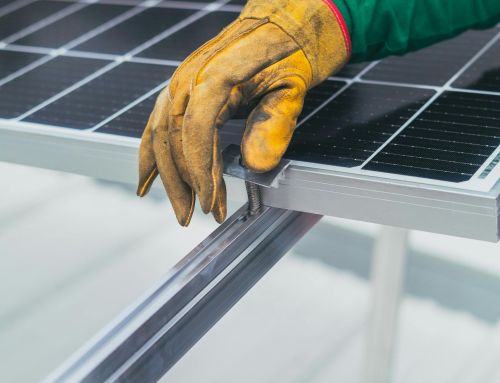Solar panels are becoming a popular choice for new homes in New Zealand. Picture this: your brand-new house powered by the sun, helping you save on electricity and reduce your reliance on the grid. Sounds great, right? But you might be wondering—what are the solar requirements for new construction?
Don’t worry! This guide will help you understand everything you need to know about solar requirements for new construction in New Zealand. By the end, you’ll be ready to take advantage of solar energy for your new home.
Why Consider Solar for Your New Build?
There are several compelling reasons to integrate solar panels into your new build plans:
- Cost Savings: Solar power is a clean, renewable energy source that can significantly reduce your reliance on the grid, translating to lower electricity bills.
- Increased Value: Homes equipped with solar panels are often viewed as more desirable and can potentially fetch a higher resale value.
- Environmental Benefits: By harnessing the power of the sun, you’re reducing your carbon footprint and contributing to a more sustainable future.
- Government Incentives: The New Zealand government offers various financial incentives, like rebates and grants, to encourage the adoption of solar power.
Understanding Solar Requirements for New Construction in New Zealand
So, let’s dive into the specifics. Solar requirements for new construction in New Zealand are not overly complex, but there are a few key points to keep in mind:
Building Consent for Solar Panels
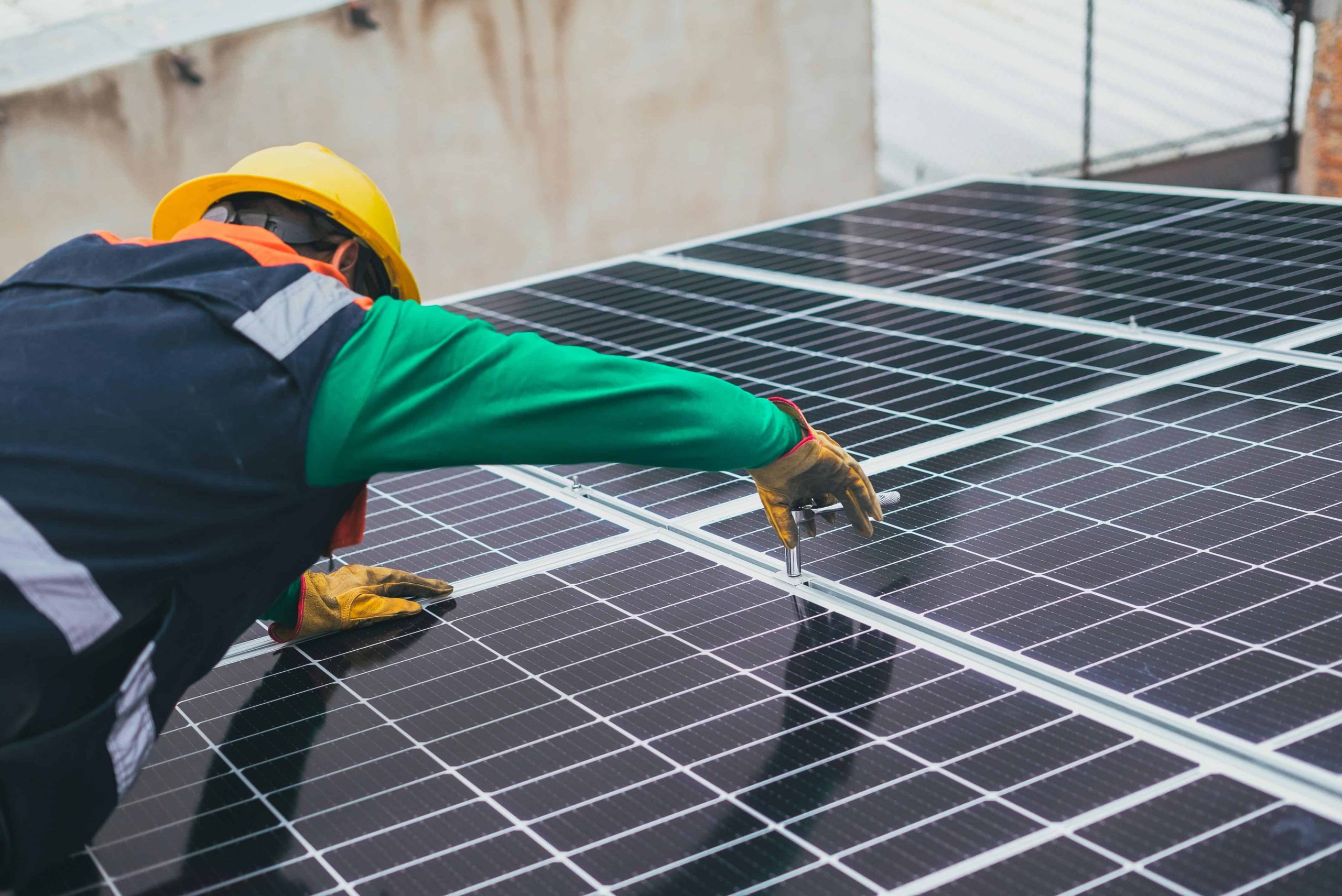
While most ground-mounted solar panel systems under 40 square meters in size are exempt from requiring a building consent, it’s always best to check with your local council for any specific regulations that might apply in your area. For example, Auckland Council offers clear guidelines on their website.
Solar Installation Regulations NZ
Solar installations in New Zealand must comply with specific safety and electrical regulations. These regulations are designed to ensure the safe and efficient operation of your solar system. Working with a qualified and certified electrician familiar with solar installation regulations NZ is crucial.
Planning for Solar from the Ground Up
Here’s where things get exciting! Integrating solar power into your new build allows for a more streamlined and potentially cost-effective approach. Here’s how to plan for solar:
Early Integration
Discussing your solar aspirations with your architect and builder early in the design phase is key. They can factor in factors like roof orientation, potential shading, and structural considerations to optimise your solar panel placement and overall system design.
Energy Efficiency
Before diving into solar, consider ways to improve your home’s overall energy efficiency. Upgrading to LED lighting, implementing smart controls for heating and cooling, and optimising insulation can significantly reduce your energy needs, allowing you to potentially require fewer solar panels.
Understanding Your Energy Needs
Analysing your expected energy consumption is crucial. This will help determine the size and capacity of the solar system required to meet your needs. Think about the number of occupants, typical appliance usage, and any electric vehicles you might plan to charge at home.
Beyond the Basics: Additional Considerations for Solar New Builds
Now that we’ve covered the core aspects, let’s explore some additional considerations for a successful solar integration in your new build:
Choosing the Right Solar Installer: Your Partner in Solar Success
Selecting a reputable and experienced solar installer is crucial for a smooth and successful solar integration. They will provide expert guidance throughout the process, from assessing your specific needs to designing a customised solar system that meets your energy requirements. A reliable installer will also handle the installation with precision and efficiency, ensuring your solar system operates optimally.
Solar Panel Type and Efficiency: Maximizing Your Energy Harvest
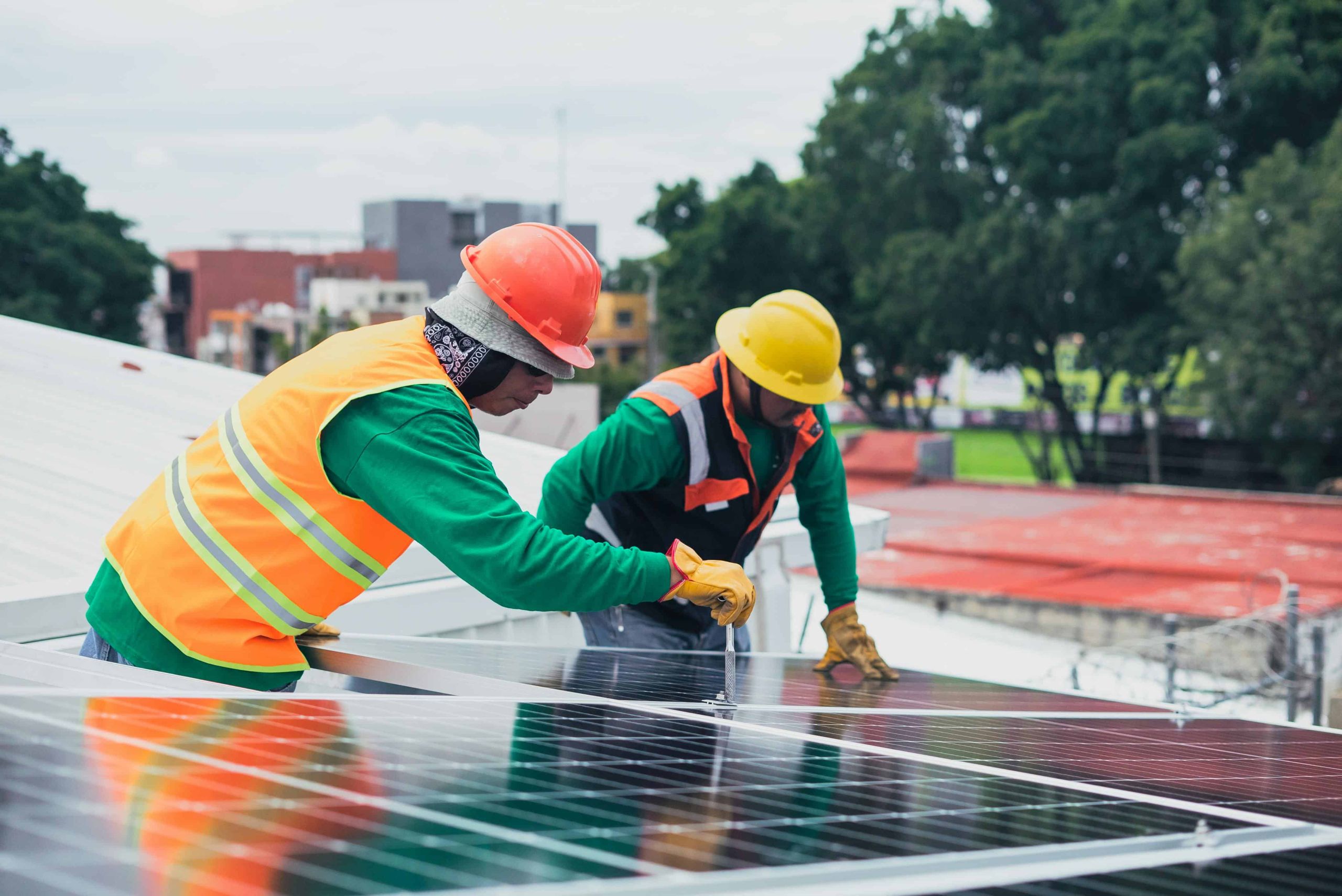
The choice of solar panels can significantly impact the performance and efficiency of your solar system. There are various types available, each with its unique characteristics. Consider factors such as your budget, available roof space, and desired energy output when making your decision. A knowledgeable solar installer can help you evaluate different options and select the most suitable panels for your needs.
Battery Storage: Powering Your Home Around the Clock
While not always necessary, battery storage systems can be a valuable addition to your solar setup. These systems store excess solar energy generated during the day for use at night or during peak demand periods, providing you with greater energy independence and flexibility. Consider your energy consumption patterns and the potential benefits of battery storage when making your decision.
A Brighter Future Starts with Solar
Building a new home is a significant investment. By incorporating solar power from the outset, you’re not just building a house; you’re building a sustainable and energy-efficient future for yourself and your family. Remember, the solar requirements for new construction are designed to ensure a safe and efficient solar installation. By following these guidelines and partnering with the right professionals, you can unlock the potential of solar energy and enjoy the benefits of a greener, more sustainable lifestyle.
At Prolectrix, we know how important it is to make the most of solar energy for your new home. Our team of solar experts is here to guide you every step of the way—from evaluating your energy needs to designing and installing a custom solar system that fits your home perfectly.
Embracing the Solar Revolution
The future of energy is here, and solar power is at the forefront. By choosing solar for your new build, you’re not only lowering your carbon footprint but also making a smart move toward a sustainable and cost-effective future. Let’s tap into the sun’s energy and light the way to a greener, more efficient home.
Conclusion
Incorporating solar power into your new home construction is a wise investment in sustainability and energy efficiency. By understanding the solar requirements for new construction and working with qualified professionals, you can unlock the potential of solar energy and create a more sustainable and cost-effective living space.

